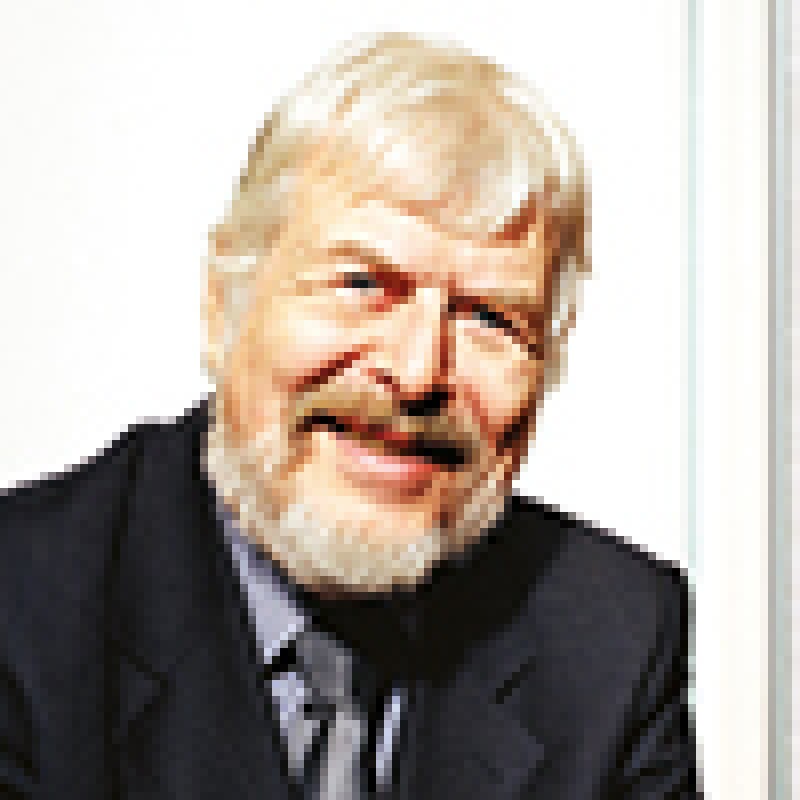EU member states all have to amend their trade mark laws in adoption to the new EU Trade Mark Directive until beginning of 2019.
Austria has now passed an amendment of its trade mark law, on the one side, to accelerate the grant procedure and lower its costs to make national trade marks more attractive and, on the other side, to adopt some of the provisions of the EU Directive, namely those which can yield an immediate benefit or need a sufficiently long time to be implemented in practice by industry and representatives. The most important new provisions are introduced in the following in short.
Art. 48 of the Directive sets the start of the first 10-year term at the application date and not at the beginning of the protection, which usually is the grant date or its publication, respectively. This is a big change of Austrian renewal practice. In order not to create a big confusion this change in renewal calculation is also introduced for all existing trade marks and the next renewal date is not changed. With that renewal, the adoption to the new calculation is made with a respective shortening of the next protection period and an adopted payment regime with reductions in relation to the length of the shortened period. In view of the possibility in Austria to pay the renewal fees up to one year prior to the due date (so that one needs only to make a decision regarding further renewal of all one's trade marks once a year) this change in the renewal system will enter into force on September 1 2019. This also provides ample of time to implement new software for calculating these renewals. It would be wise to discuss your cases with your Austrian trade marks representative.
The automatic similarity report for each application provided by the PTO has been cancelled to reduce the application fees and make the grant procedure quicker. It can still be provided upon request and payment of a fee. Since there exist now several excellent data bases for private searches by the applicants, the value of this official search was dwindling and the Patent Office now drew the consequences.
Also because it needs a longer time for adoption already now the system of certification-marks has been introduced. These marks underlie a regime like collective marks. Also for them a regulation has to be filed for which similar rules as for collective marks have to be observed. Contrary to collective marks, which can also consist of geographical denominations, guaranteeing a certain geographical origin is excluded from the protection by such certification marks. The reason is that in the near future an EU Regulation is expected concerning the protection of geographical indications for all goods, not only for agricultural products as exists now. Such certification marks were demanded for a long time – now we get them. In the meantime many institutions delivering such guarantees had used the system of collective marks or of individual marks with a licence – scheme for that purpose. The problem of such deviations, however, are the requirements of use – ECJ already had to decide a case (8.6.2017, C-689/15, Gözze Frottierweberei) that denied that the use requirements are met.
The system of later enlargement of the list of goods and services – unique in the world but most advantageous for trade mark owners – has also been abolished. With the new rules of the TM Directive, it became too complicated to administer because for each enlargement a new application date was added but the term of protection remained the same. This clashes not only with the new renewal system (see above) but also with Art. 28 ™ Directive, which demands that certain terms have to be shown in the register, for example terms for use. To achieve an easy and therefore cost-effective administration of trade marks abolishment of this institution was the simplest solution.
There is one special topic, namely division of a mark or an application, which is an especially advantageous development of the trade mark system. Positive in the actual text of the newly introduced possibility of division is that it is not allowed in the time between registration and the end of the term for opposition. This definitely will help opponents in that their opposition is safeguarded and they are not confronted with the carving out into a new mark, especially in the last minutes, of those goods or services against which opposition is filed. On the other hand, trade mark owners do get a special bonus. Their intent is to be able to divide their marks in case of partial oppositions into the opposed goods and services remaining in the opposed mark and the others which could go directly to grant with the divided out new mark and not also be hindered by an opposition which does not concern them. Without division – as it is with the old law – such a possibility does not exist. This benefit is also extended to cancellation procedures. Only the attacked goods and services cannot be divided out.
The full adoption of all the rules to be harmonised according to the EU ™ Directive is expected around summer 2018 with further important changes.

|
Helmut Sonn |
SONN & PARTNER Patentanwälte
Riemergasse 14
A-1010 Vienna, Austria
Tel: +43 1 512 84 05
Fax: +43 1 512 98 05










